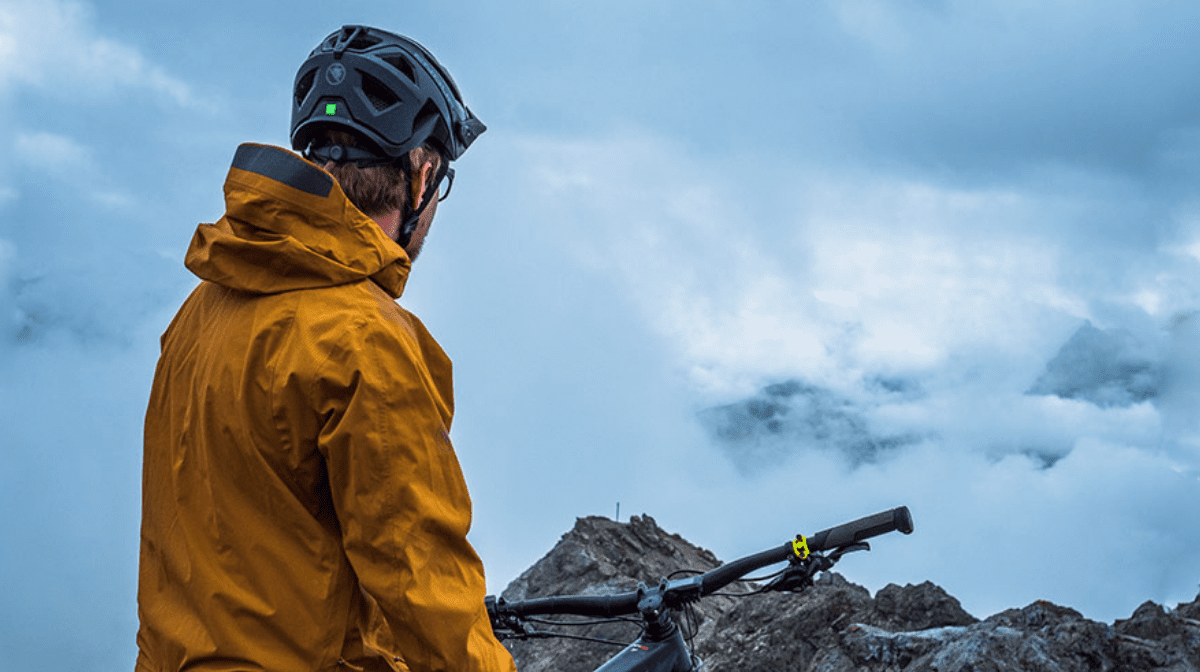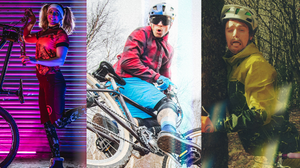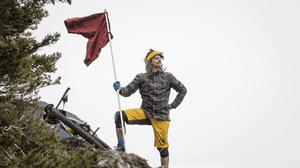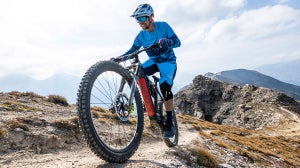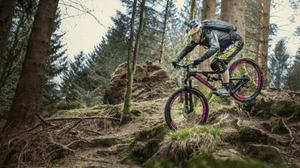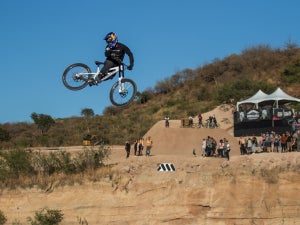
Helmets are a key bit of your personal protective equipment when riding a bike, helping to keep your precious brain protected in case of an accident. We’d much prefer you to wear one (and wear it correctly), but we’re not here to tell you that you have to wear one when riding. Bike helmets will never reduce the risk of head injury to zero, but they will help reduce it and with new technologies such as the Koroyd core used in our Pro SL, MT500 and D2Z Aeroswitch, reduce it significantly.
What type?
The Endura helmet range covers all types of riders – road (including aero), MTB (including full face) and commuter – all designed with features that are best suited to that particular style of riding.
Road helmets (Pro SL, FS260-Pro, D2Z and Xtract are generally lighter and designed for riding at faster speeds so feature large air vents to allow more air to pass over your head and ventilation when you’re working hard.
MTB helmets (MT500, MT500 Full Face, SingleTrack, Hummvee, PissPot) provide additional coverage, often extending down behind the ears for additional protection when falling on rough ground. Endura MTB helmets feature a peaks or visors which helps to shield your eyes from the sun or more commonly here in Scotland, keeps rain out of your eyes...
Commuter helmets (Speed Pedelec, Urban Luminite, PissPot Reflective) often feature bright colors, additional reflectives and in the case of our Luminite, an integrated rear light.
Kids helmets (MT500JR Youth, Hummvee Youth) high performance helmets featuring the latest tech and styling.
Choose the right type first and then work out what your budget is – all of Endura’s helmets have passed the relevant safety tests and these are shown on each product page.
How to find the right size of bike helmet?
The best way to check whether a helmet fits is to try it on. Not all heads are the shape and neither are helmets. Measure the widest part of your head – normally a couple of cm above your eyebrows – a few times to find out how big your noggin is and then compare that against our size chart to find out where you sit. If you’re on the cusp of two sizes, make sure you check them both out and factor in how that will fit if you prefer to wear a cap or hat underneath your helmet.
How should bike helmet fit?
A poorly fitting helmet isn’t a helmet at all. It needs to be a good close fit, without being uncomfortable so that you’re not forced to remove it when riding. All Endura helmets feature a rear retention device that can be rotated to fine-tune the fit and once adjusted you should be able to drop our head and give it a wobble about without the helmet falling off. The straps should form their V-shape as close to the ear as is comfortable and need to be pulled tight – a couple of fingers maximum between your chin and helmet. A good measure for angle is to make sure the front of the helmet is around two finger widths above your eyebrow line.
What other features can you find in Endura bike helmets?
Koroyd – Endura’s Pro SL, MT500 and D2Z helmets utilize a Koroyd core, a engineered tubes absorb energy in a more linear fashion than traditional bike helmets. In the event of impact, the Koroyd tubes crush homogenously, absorbing g-force created by the rider’s momentum and lowering the chance of injury.
Chin guard – if your riding sees you hitting bikeparks, gravity racing or particularly gnarly trails then the MT500 Full Face Helmet features a chin guard to protect your lower jaw too.
When should I replace my bike helmet?
Every time your helmet suffers an impact – from a crash, a collision with something like a branch (or even having something dropped on it when your head isn’t in it) – and also periodically, check it out for damage. Take it off and give it a good pull and push in different directions to check for cracks and structural damage. If there are any signs of damage then replace immediately – it needs to be in one piece to do its job. Similarly, check the straps damage to the straps - any fraying or cuts and replace it.

Related Articles

